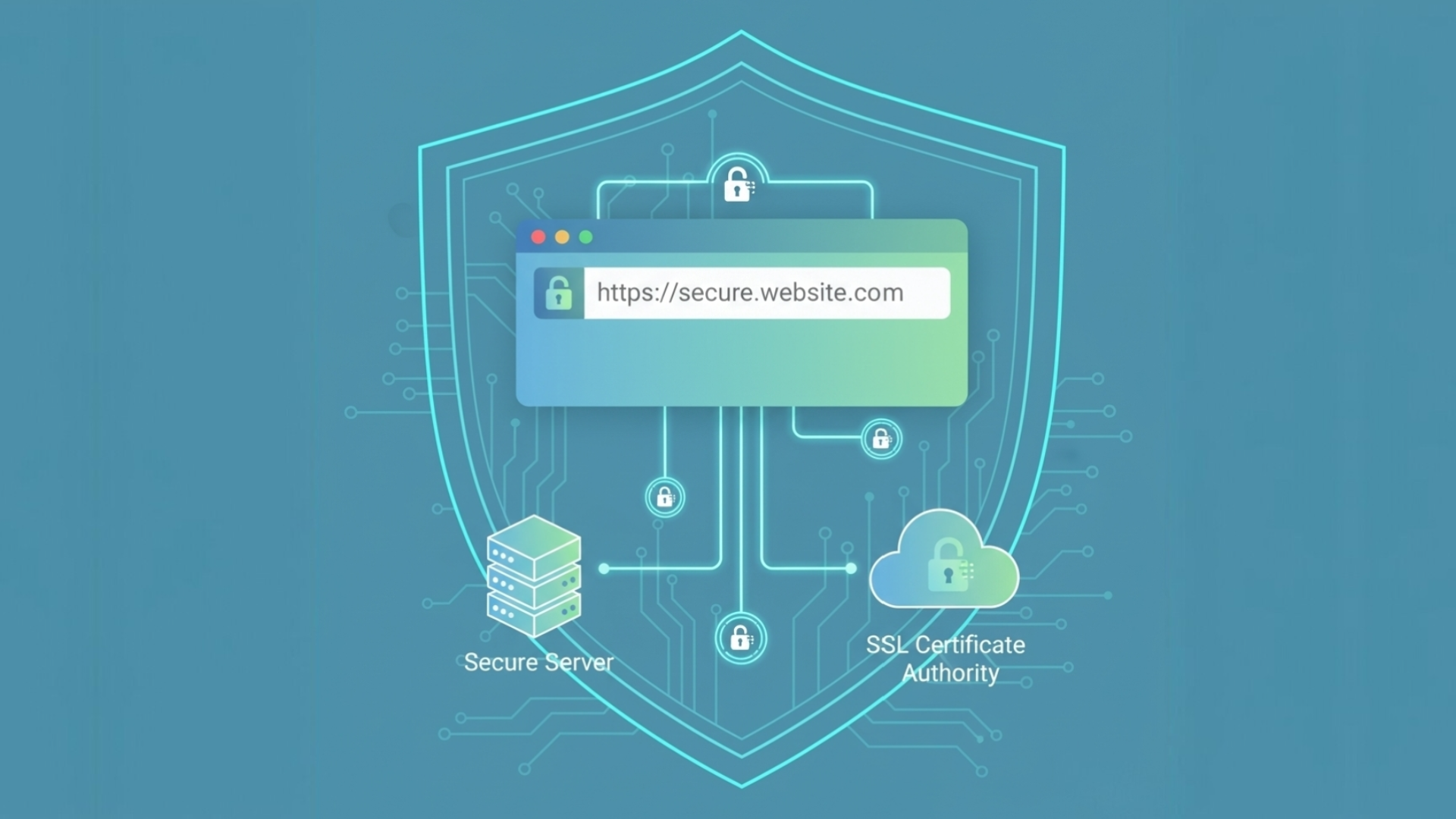SSL Lookup — What It Is and Why It’s Essential for Website Security
An SSL Lookup is a process used to verify a website’s SSL certificate, ensuring that data transmitted between a user’s browser and the website server remains encrypted and secure. In the age of cybersecurity threats, SSL lookup plays a vital role in confirming a website’s authenticity and protecting visitors from phishing, data theft, and other cyber attacks.
What Is SSL and Why Do We Need It?
SSL stands for Secure Sockets Layer, a standard technology that establishes a secure and encrypted connection between web servers and browsers. Modern websites now use its successor, TLS (Transport Layer Security), but the term SSL remains widely recognized. When a website has a valid SSL certificate, its URL begins with https:// instead of http://, and a padlock icon appears in the address bar.
Why SSL Certificates Matter
- Data Protection: Encrypts data such as login credentials, payment details, and personal information.
- Website Trust: Users are more likely to trust and interact with secure websites.
- SEO Benefits: Search engines like Google give preference to HTTPS sites for better ranking.
- Regulatory Compliance: Many privacy laws (like GDPR) require secure handling of user data.
How SSL Lookup Works
An SSL Lookup checks the status and validity of an SSL certificate. This can be done using online SSL checker tools or terminal commands. The lookup process reveals key information, such as:
- Certificate issuer (CA — Certificate Authority)
- Domain name covered by the certificate
- Expiration date and issue date
- Encryption strength (e.g., 2048-bit RSA, ECC)
- Validation type (DV, OV, or EV certificate)
1. Using Online Tools
Websites like SSL Labs, DigiCert Checker, and WhyNoPadlock allow users to perform free SSL lookups. Simply enter your domain name, and the tool will display the certificate details and detect any issues, such as weak encryption or mismatched domains.
2. Using Command Line
Tech professionals often use terminal commands like openssl s_client -connect example.com:443 to view the SSL certificate details directly. This method is quick and does not rely on third-party websites.
Common SSL Lookup Errors and Fixes
Expired Certificates
SSL certificates typically last from 90 days to 1 year. When expired, browsers show a warning: “Your connection is not private.” The fix is simple — renew or reissue the certificate through your hosting provider or CA.
Domain Mismatch
This happens when the domain in the SSL certificate doesn’t match the actual website domain (e.g., certificate for www.example.com but site uses example.com). Use a wildcard or multi-domain SSL to avoid such mismatches.
Untrusted Issuer
Certificates from unknown or untrusted authorities may trigger warnings. Always obtain SSLs from recognized CAs like Let’s Encrypt, DigiCert, or Sectigo to ensure browser compatibility.
Benefits of Regular SSL Lookups
Performing regular SSL lookups ensures your website maintains security, compliance, and user trust. It also helps identify potential issues early, such as expiring certificates, configuration errors, or outdated encryption protocols. In addition, search engines may penalize insecure sites, making SSL maintenance an SEO priority.
In short, an SSL Lookup is not just a one-time check — it’s an ongoing part of website security management. Regularly monitoring your SSL certificates keeps your users’ data safe and enhances your brand’s credibility online.
Tip: Set up automated SSL monitoring tools to alert you before expiration and maintain uninterrupted HTTPS protection.
